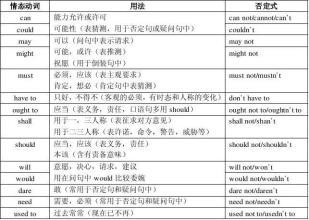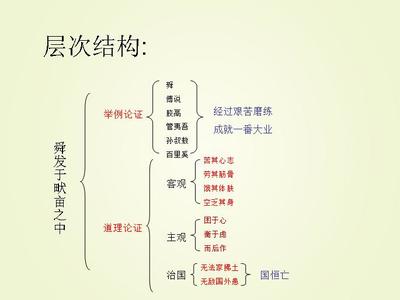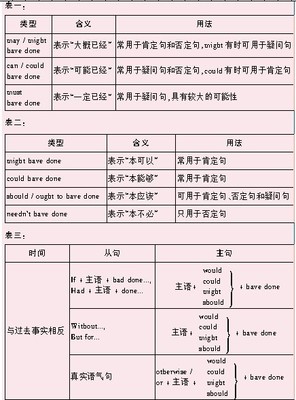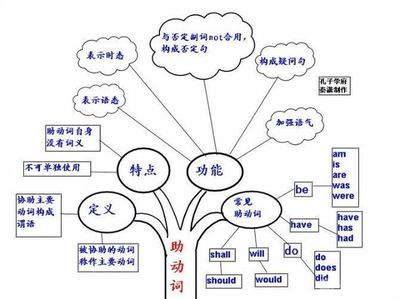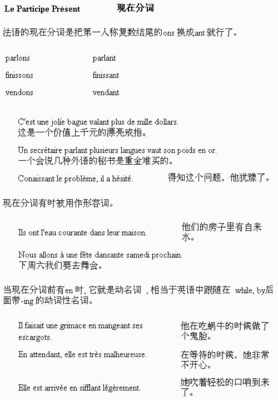1.这些动词作谓语时,其宾语只能是表示人的名词或代词;主语大多为表示引起某种感情的事或物的名词。如:
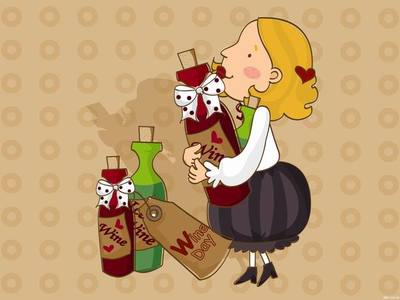
The good service here satisfied the tourists.这儿的良好服务使游客感到满意。
His speech inspired us all a great deal.他的演讲使我们大家倍受鼓舞。
2.这些动词的现在分词常与物连用,在句中既可作定语又可作表语。如:
This is a boring report. 这是一个令人厌烦的报告。
The situation was more puzzling than ever before.局势变得更加捉摸不定。
3.这些动词的过去分词常与人连用,在句中作表语或定语。如:
The excited children couldn’t go to sleep all night long.这些兴奋的孩子整个晚上无法入睡。
We were disappointed at his words.听了他的话,我们很失望。
4.有时也可见到这些动词的现在分词和人连用,过去分词与物连用的现象,但有时在意思上有所不同。如:
She is an amusing girl. 她是一个讨人喜欢的女孩。
There was puzzled expression on his face.他脸上流露出迷惑不解的表情。
比较:
There was a puzzling expression on his face.他的脸上流露出令人不解的表情。
5.这些动词的被动形式表示主动意思,其后面引起心理反应的人或物,常用by,with, at引导。如:
She is bored with his flatteries. 她听腻了他的奉承话。
We were surprised about his lucky success.我们对他的侥幸成功感到惊奇。
6. 这些动词的名词形式有些可以构成“to one's +名词”短语,意为“使某人……的是”。如:to one'ssurprise使惊奇的是, to one's satisfaction使某人满意的是, to one'sdisappointment使某人失望的是, to one's astonishment使某人震惊的是,to one's amusement使某人好笑的是, to one'sinterest使某人感兴趣的是,等等。
 爱华网
爱华网